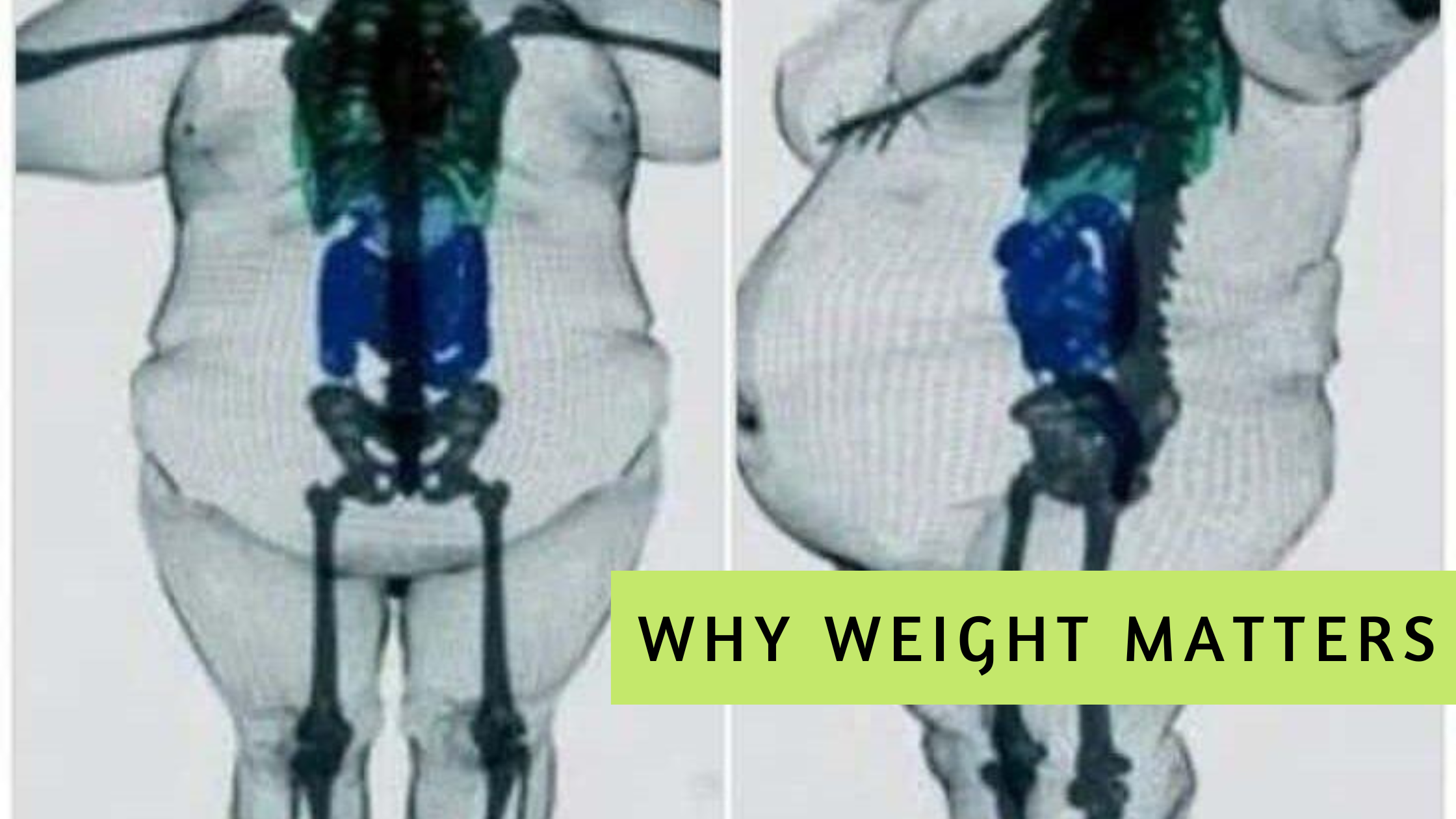Is Constipation Holding You Back from Losing Belly Fat?
Constipation is a common concern, especially for those trying to lose weight or following a new dietary programme. At my clinics, I often see clients who are experiencing sluggish digestion, bloating, and irregular bowel movements – often without realising how it’s affecting their progress.
What many people don’t realise is that constipation and stubborn belly fat are often linked – and both can be improved by taking the right steps to support gut health.
Your Gut and Your Waistline
In The Belly Fat Solution, I talk about the importance of the gut microbiome – the trillions of bacteria in your digestive system that influence everything from metabolism to mood. These bacteria also play a vital role in how efficiently your body processes food and eliminates waste. If your gut is out of balance, you may experience bloating, slower digestion, and constipation – all of which leave you feeling heavier and frustrated with your progress.
Fibre
One of the key nutrients for both belly fat loss and digestive health is fibre. It helps regulate blood sugar and keeps you feeling full. Fibre plays a critical role in relieving constipation. It adds bulk to your stool, helps it move more easily through the digestive tract, and supports regular, comfortable bowel movements. Fibre is found in foods like leafy greens, stalky vegetables (broccoli, celery, asparagus, cauliflower), whole grains, legumes, fruit, seeds and nuts. But fibre needs to be increased gradually. Too much too quickly can actually cause bloating or gas, make sure to drink 1.5–2 litres of water daily, as fibre relies on hydration to work effectively.
Stress and the Digestive System
Stress is one of the most overlooked causes of constipation. When your cortisol levels rise, gut motility slows down, leaving you feeling sluggish.
Even short daily practices like deep breathing, journaling, or light walking can help rebalance your digestion.
Eating Patterns Matter Too
Your digestive system thrives on routine. Eating at consistent times each day, ideally three main meals, this helps establish a rhythm that supports smoother digestion.
Avoiding late-night eating is also key to better metabolic and digestive health.
Considering Magnesium Citrate?
If you’re still struggling with constipation despite improving your diet and hydration, magnesium citrate may help.
It works by drawing water into the intestines and softening the stool. It also supports healthy muscle contraction in the digestive tract.
Use with care:
- Start with a low dose and monitor your response
- Best taken in the evening (it often works within 6–12 hours)
- Short-term use only – focus on long-term lifestyle changes
Always consult your GP before beginning any supplement.
Final Word
Constipation is more than just discomfort – it can be a sign that your gut and metabolism are out of sync. Small, consistent changes in diet, routine, and stress management can make a big difference.
If you’re experiencing ongoing digestive issues, book a consultation with us. We can help assess your symptoms and create a personalised plan that supports both your weight and gut health.

